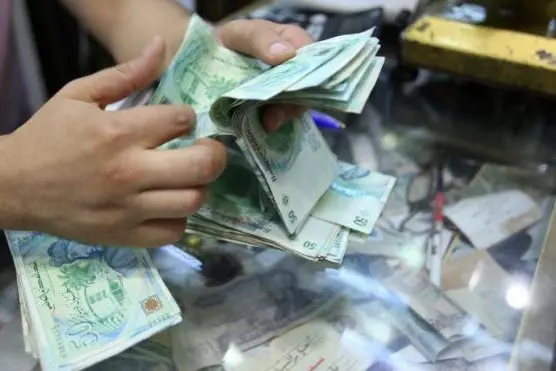PHOTO
TUNIS- The International Monetary Fund (IMF) has called for further monetary tightening by Tunisia to tackle the North African country's record levels of inflation.
Tunisia's inflation rate stabilised at 7.5 percent in August, unchanged from July, after hitting 7.8 percent in June.
The country's central bank expects the rate will be at 7.8 percent this year and fall to 7 percent next year.
In June, the central bank raised its key interest rate by 100 basis points to 6.75 percent, the second hike in three months, to tackle inflation which had reached its highest level since 1990.
On Friday, the IMF approved the payment of a $247 million loan tranche to Tunisia, the fifth under a programme which is tied to economic reforms aimed at keeping Tunisia's deficit under control. The approval will open the way for Tunisia to sell $1 billion worth bonds this month.
"Further monetary tightening is warranted to reduce inflation. The CBT demonstrated its commitment to price stability by policy rate hikes, but key interest rates remain negative in real terms", the IMF said in statement.
"(The) policy rate should increase further to avoid further erosion of the purchasing power of the local currency and anchor inflationary expectations," it added.
The rate rises have not been popular in Tunisia, where the UTICA business union said they hit the competitiveness of companies and impeded the investment needed to create jobs.
The powerful UGTT union said the increase deepened Tunisia's economic crisis and further worsened its purchasing power.
Tunisia has been praised as the only democratic success among the nations where the "Arab Spring" revolts took place in 2011. But successive governments have failed to trim its fiscal deficit and create economic growth.
(Reporting by Tarek Amara Editing by Alexander Smith) ((mailto:tarek.amara@thomsonreuters.com;))





















